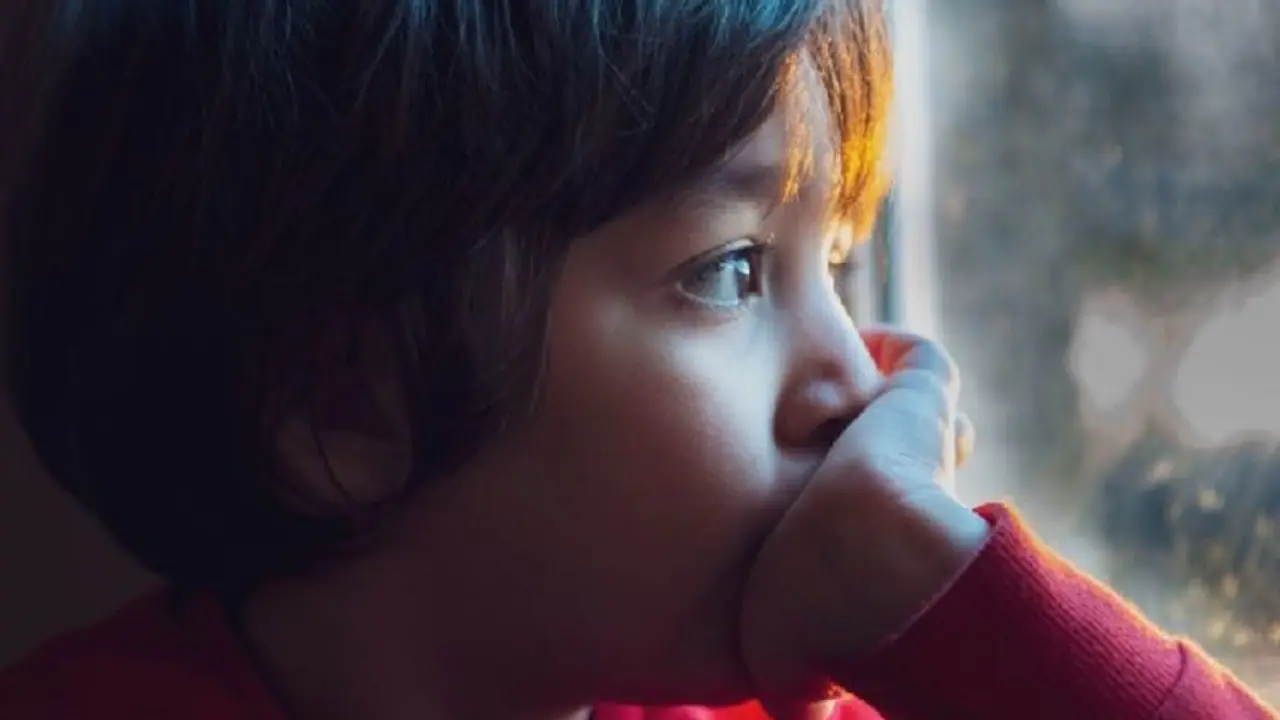According to a UNICEF report -- The State of the World ’S Children 2021 - Promoting, protecting and caring for children’s mental health, the Covid-19 pandemic represents merely the tip of the iceberg when it comes to poor mental health outcomes. It is an iceberg we have been ignoring for far too long, and unless we act, it will continue to have disastrous results for children and societies long after the pandemic is over.
The Covid-19 pandemic has forced Children around the world to be locked out of classrooms, sequestered in their homes and robbed of the everyday joy of playing with friends.

With millions more families pushed into poverty as they are unable to make ends meet, child labour, abuse and gender-based violence are on the rise.
These are very challenging times for children and young people, indeed and this is the state of their world in 2021. While many children are filled with sadness, hurt or anxiety; some are wondering where this world is headed and what their place is in it.
According to a UNICEF report -- The State of the World ’S Children 2021 - Promoting, protecting and caring for children’s mental health, the Covid-19 pandemic represents merely the tip of the iceberg when it comes to poor mental health outcomes. It is an iceberg we have been ignoring for far too long, and unless we act, it will continue to have disastrous results for children and societies long after the pandemic is over.
When we ignore the mental health of children, we undercut their capacity to learn, work, build meaningful relationships and contribute to the world. When we ignore the mental health of parents and caregivers, we fail to support them to nurture and care for their children to the best of their ability.
Also read: Virat Kohli to Sarah Taylor to Glenn Maxwell: 7 cricketers who faced mental health issues
The report states that when we ignore mental health issues in our societies, we close off conversation, reinforce stigma and prevent children and caregivers from seeking the help they need.
With this edition of The State of the World’s Children, the first ever to focus on mental health, UNICEF is signalling our determination to listen – and to act.
UNICEF executive director Henrietta H Fore says that with key partners like the World Health Organization, governments, academics and many others, we all must show commitment to leadership and investment to better support mental health.
“We all must work to help break the silence around mental health – challenge stigmas, raise mental health literacy and ensure the voices of young people are heard, and especially those with lived experience of mental health challenges. And we all must commit to action in key areas, like better supporting parents, ensuring schools are kinder and safer places, and – through investment and workforce development – addressing the mental health needs of families in areas like social protection and community care,” said Fore.
As an action plan, Fore states that crucially, we all must work to improve data collection, routine monitoring, and research – a key challenge for all of us in the United Nations system. The picture we have of children’s mental health is a partial one, and it is one that is skewed heavily towards the world’s wealthiest countries. That means we know too little of how children and young people in most parts of the world experience mental health. It also means we know too little of the potential strengths and support that diverse communities and cultures may be able to offer children and families.
Also watch: COVID-19 pandemic reduced life expectancy by most since World War II: Oxford study
The challenge we face is immense. It is one that – despite the best efforts of so many, especially the young people who have shared their stories, ideas and passion for change – our global community has barely begun to address. When it comes to mental health, every country is developing. But if the challenge is great, the rewards of meeting it can be greater still – for every child, for every family and for every community. We can wait no longer. We cannot fail another generation. The time to act is now, Fore concludes.
The report states that Action means working to minimize risk factors and maximize protective factors for mental health in key areas of children’s lives, as well as investment and workforce development to support families, parents and caregivers; ensure schools support mental health; strengthen and equip multiple systems and workforces to meet complex challenges; improve data, research and evidence.
The report in detail covers statistical data on children’s mental health and ways to combat it as countries should strive to secure a good environment for children.
